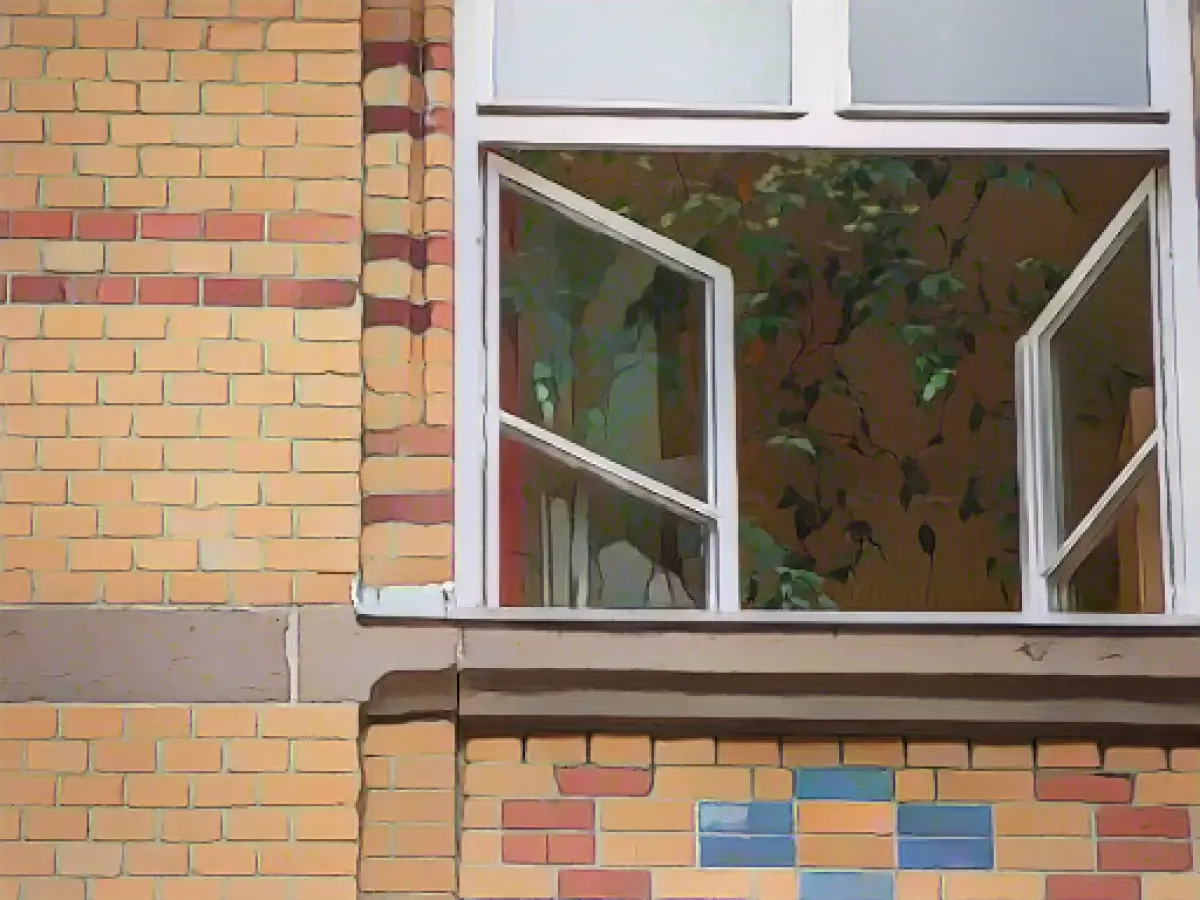After a tragic drug-related death in Rathenow, a new addiction prevention coordinator is pushing for a greater focus on drug prevention in schools. "Prevention and addiction should have a bigger space in schools," says Christoph Seide, who took up his position in August. He believes that posters and events alone aren't enough; prevention topics should be woven into school curriculum.
Following the death of a 15-year-old girl due to drug use in June, Rathenow has been grappling with a surge in drug-related offenses over the past few years. A 13-year-old girl had died earlier in Mecklenburg-Vorpommern after taking a form of ecstasy. There were also concerns over the dangerous 'Blue Punisher' pill, which attracted attention due to its high concentration.
Seide advocates for drug checking, a process of analyzing drug ingredients without penalty. He thinks it's a vital tool, and while it's being used in Berlin with great success, its implementation in Rathenow is yet to be seen.
Comprehensive drug education in schools can hold massive potential in preventing drug-related harm. By integrating it into classrooms, not just through posters and events, we can instill a deep understanding of drug risks and choices between students.
Research suggests that early drug education and intervention, and community-based drug testing where appropriate, can significantly decrease drug use and consequential harm. Schools should incorporate such measures into their health education programs, focusing on holistic approaches, interactive learning, and aligning drug education with other educational objectives.
Even without specific data from Rathenow, we can draw parallels to other countries that have successfully implemented similar strategies. Germany, for instance, promotes comprehensive drug education in schools, and many countries worldwide incorporate drug education into their public health strategies.
In essence, unified efforts in prevention, education, and intervention may assist Rathenow and other communities in fighting against drug-related harm.






